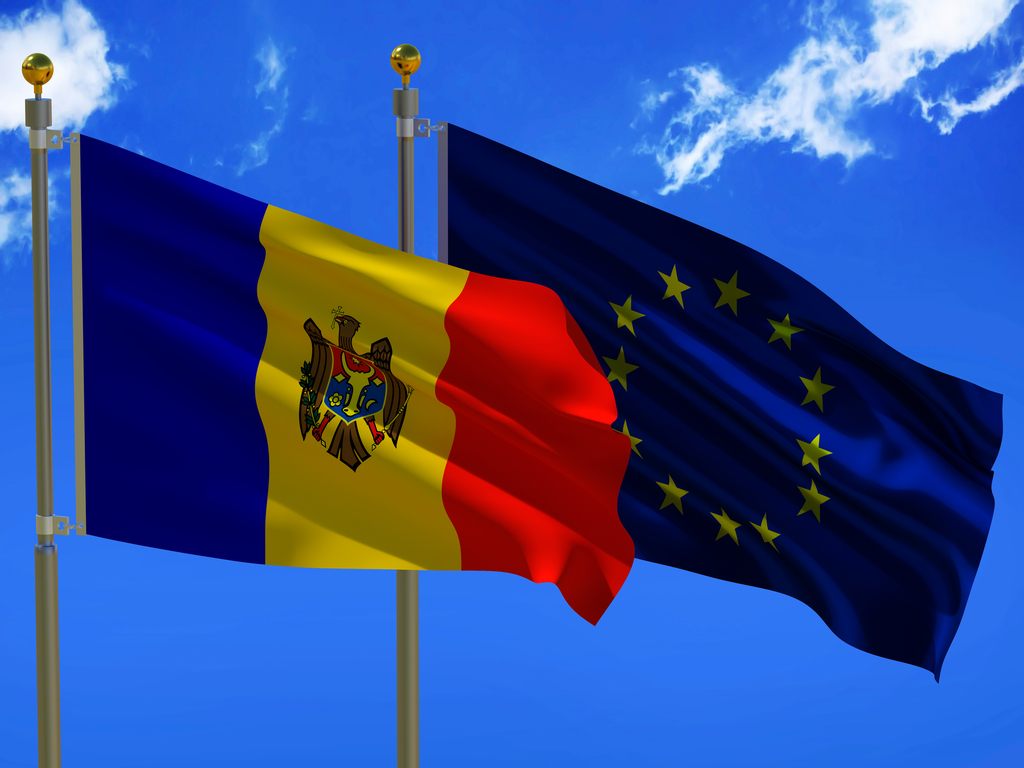
The Moldovan government under the prime ministry of Ion Chicu, who took office in November 2019, faces criticism that it has not made progress in EU reforms. However, last week, a step was taken in Moldova and legislation was adopted on prohibiting non-governmental organizations from providing financial support to candidates in elections and on transparency of financing of these organizations. Thus, while her already weak economy was shaken by COVID-19, Moldova fulfilled a prerequisite for receiving financial support from the European Union.
Moldova became a member of the Eastern Partnership of the European Union in 2014. In addition, Moldova, which signed the Deep and Comprehensive Free Trade Area agreement with the EU in 2016, has been exempted from customs duties in some sectors in trade with Europe. Apart from the fact that economic integration policies of the EU with its eastern neighbors aim to ensure the security of the union, these economic integration policies are also considered as part of the EU enlargement policy and include ensuring the compliance of the countries in the partnership with the EU norms.
However, it is seen that in the atmosphere of political instability in Moldova, European Union reforms have been disrupted and the country has preferred close relations with Russia. Last year was a turbulent year for the domestic politics of Moldova, which is at the crossroads between the EU and Russia. In 2019, three changes of government took place in the country. As a result of the February 2019 elections, a fragile coalition was established between the pro-European ACUM block and the Socialist Party (PSRM), which prefers closer ties with Russia. Thus, an alliance against the Democratic Party -the old ruling party- was formed. On June 8, Maia Sandu from the pro-European ACUM bloc was elected prime minister, but a crisis occurred in the interpretation of the constitution, and the Constitutional Court demanded from the President to terminate the parliament on the grounds that the establishment of the government took place 3 months after the elections. This situation caused a number of crises in the country.
Ultimately, the PSRM and Democratic Party united their forces against the leadership of Maia Sandu. After the termination of the cabinet under the leadership of Sandu due to lack of confidence in parliament, in November 2019, PSRM established a minority government under the prime ministry of Ion Chicu, who was former finance minister and previously served as adviser to President Igor Dodon.
Against the criticism of the PSRM government that Moldova is moving away from the EU way, Ion Chicu defined himself and his government as technocratic and stated that “efforts to strengthen Moldova's cooperation with both Western and Eastern partners will continue”.[1] However, President Dodon, the former leader of PSRM and who has been the president of Moldova since 2016, stated: “In the next 10 to 15 years we will not become members of the EU. Even if part of our population -meaning young people- want immediately to become members of the EU this will not happen. So we need to be pragmatic.”[2]
Since its independence from the Soviet Union, the issue of identity along with economic problems remains on the political agenda in Moldova. More than a million of Moldova's citizens -which is the poorest country in Europe, with a population of about 3.5 million[3]- works abroad, in Russia and Western countries.[4] Its citizens' reactions to unemployment and the nostalgic aspirations to the country's old stable days of the Soviet era appear as a factor in the fact that some of the citizens in Moldova are against the European Union and prefer closer relations with Russia.
In addition, Moldova's Transnistria Region, political status of which is still unresolved, emerges as a problem area on the way of towards EU integration. After the Soviet Union collapsed, in the war that took place between 1991 and 1992, the region called Transnistria -which lays between the east of the Dniester river in Moldova and the border with Ukraine- declared its secession from Moldova and de facto independence. Transnistria, which has a separate currency, flag, and passport from Moldova, is not recognized by any country, including Russia. However, from the 1992 ceasefire agreement onwards, military troops of Russia have been serving as peacekeepers in Transnistria. Although Moldovan President Dodon states that Russia's forces in the region are for the security of the stockpiles left from the Soviet times[5], this issue is a trump card in Russia's hands against Moldova's integration with the West. Indeed, after the annexation of Crimea by Russia in March 2014, the head of the Transnistria parliament stated that they wanted to join the Russian Federation.[6] Transnistria, which is currently defined as a "frozen conflict zone", can be used to direct the foreign policy of Moldova on the EU way to take Russia into account.
The Autonomous Territorial Unit of Gagauzia is also one of the trump cards of Russia against Moldova's EU integration. After the dissolution of the Soviet Union, Gagauzia declared its independence as a reaction to the possibility of the unification of Moldova and Romania -two countries speaking the same language (Romanian). However, unlike Transnistria, a peaceful way was followed with the help of the initiative by the Republic of Turkey, and the Moldovan parliament accepted the autonomy status of Gagauzia in 1994.
A referendum held in Gagauzia in 2014 shows that Russia benefits from Gagauzia's reaction against a possible unification of Romania and Moldova. In the referendum, Moldova's EU integration and the state of participation in the Eurasian Customs Union, and whether Gagauzia will be independent from Moldova in a possible unification of Moldova and Romania were put to vote. In the referendum, while the Gagauz people opposed Moldova's EU integration with 97%, they supported Moldova's participation in the Eurasian Customs Union which Russia is the founder of.[7] Moldova rejected this referendum on the grounds that it violated the constitution. Also, it is seen that the dominance of the Russian language in education and the importance of Gagauzia's commercial relations with Russia, especially in the export of wines[8], are influential in the fact that the people in Gagauzia are in favor of close relations with Russia for the future of the country.
It is seen that the developments in the domestic policy of Moldova, which is in the crossroads between Russia and the European Union, will play a determining role in her foreign policy. The fact that several deputies quit the coalition to join the other parties also brought up the possibility that the Chicu government could collapse. It is also noteworthy that the name of Maia Sandu from the pro-European bloc is being mentioned as a rival against Igor Dodon in the presidential elections that will take place in November 2020.
It is seen that the influence of Russia and the problematic areas we have mentioned above hinder EU’s enlargement with Moldova. The government's aim to balance the Russian influence and the sincerity of its commitment to intensify relations with the EU depend on the reforms that it will implement. In line with the principles of transparency and the rule of law, concrete steps are expected from Moldova at this point.
*Photo: Moldpres.md
[1] “Ion Chicu: Moldova in safe hands”, Euronews, February 11, 2020, https://www.euronews.com/2020/02/11/ion-chicu-moldova-in-safe-hands-view
[2] “Moldova at a Crossroads: Igor Dodon on Russia and the Future of Europe”, Euronews, February 19, 2020, https://www.euronews.com/2020/02/19/moldova-at-a-crossroads-igor-dodon-on-russia-and-the-future-of-europe
[3] “Moldova Country Profile”, BBC, November 15, 2019, https://www.bbc.com/news/world-europe-17601580
[4] “Moldova Faces ‘Existential’ Population Crisis”, Balkan Insight, January 16, 2020, https://balkaninsight.com/2020/01/16/moldova-faces-existential-population-crisis/
[5] “Moldova at a Crossroads: Igor Dodon on Russia and the Future of Europe.”
[6] “Moldova's Trans-Dniester Region Pleads to Join Russia”, BBC, March 18, 2014, https://www.bbc.com/news/world-europe-26627236
[7] “Gagauzia Voters Reject Closer EU Ties For Moldova”, Radio Free Europe/Radio Liberty, February 3, 2014, https://www.rferl.org/a/moldova-gagauz-referendum-counting/25251251.html
[8] Jacob Resneck, “In Tiny Moldova, Russia is Repeating Its Ukraine Playbook”, PRI, September 03, 2014, https://www.pri.org/stories/2014-09-03/tiny-moldova-russia-repeating-its-ukraine-playbook
© 2009-2025 Center for Eurasian Studies (AVİM) All Rights Reserved
No comments yet.
-
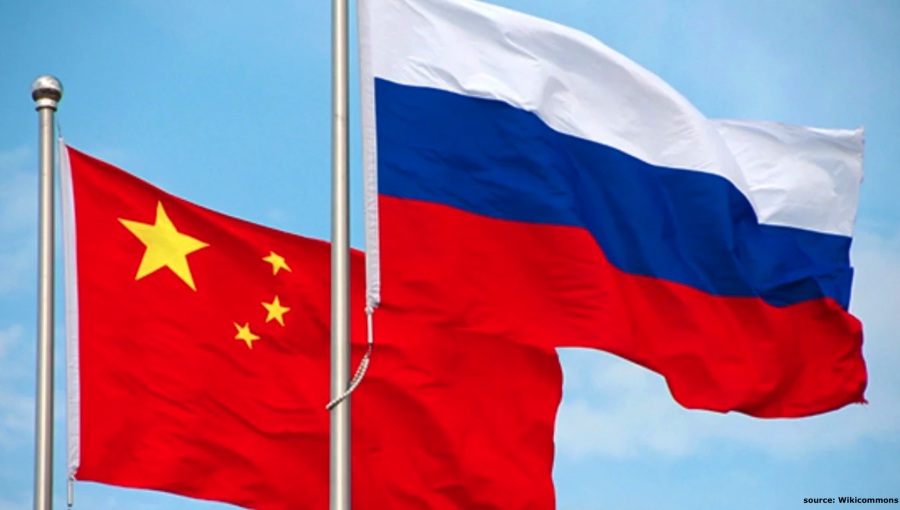 HOW HAVE THE SANCTIONS IMPOSED ON RUSSIA AFFECTED CHINA?
HOW HAVE THE SANCTIONS IMPOSED ON RUSSIA AFFECTED CHINA?
Gülperi GÜNGÖR 01.07.2022 -
 16TH SUMMIT OF BRICS LEADERS
16TH SUMMIT OF BRICS LEADERS
Gülperi GÜNGÖR 19.11.2024 -
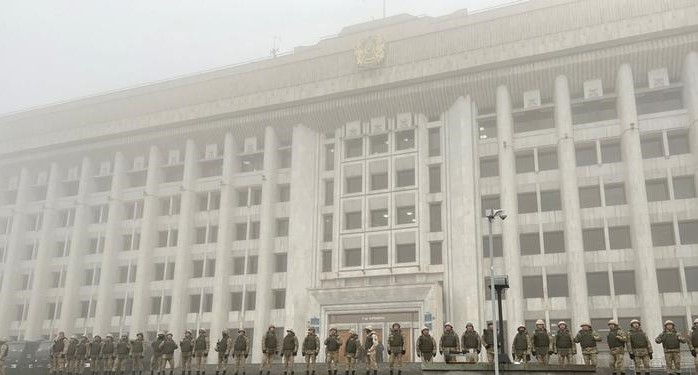 PROTESTS AND POLITICAL CRISIS IN KAZAKHSTAN
PROTESTS AND POLITICAL CRISIS IN KAZAKHSTAN
Gülperi GÜNGÖR 11.02.2022 -
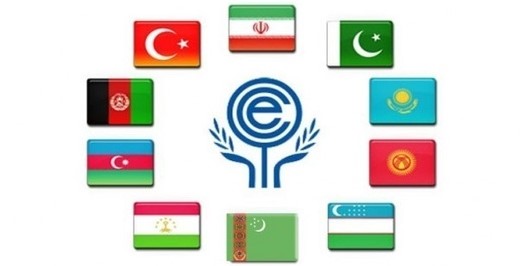 A MODEL THAT NEEDS TO BE DEVELOPED FOR REGIONAL COOPERATION: ECONOMIC COOPERATION ORGANIZATION
A MODEL THAT NEEDS TO BE DEVELOPED FOR REGIONAL COOPERATION: ECONOMIC COOPERATION ORGANIZATION
Gülperi GÜNGÖR 21.04.2021 -
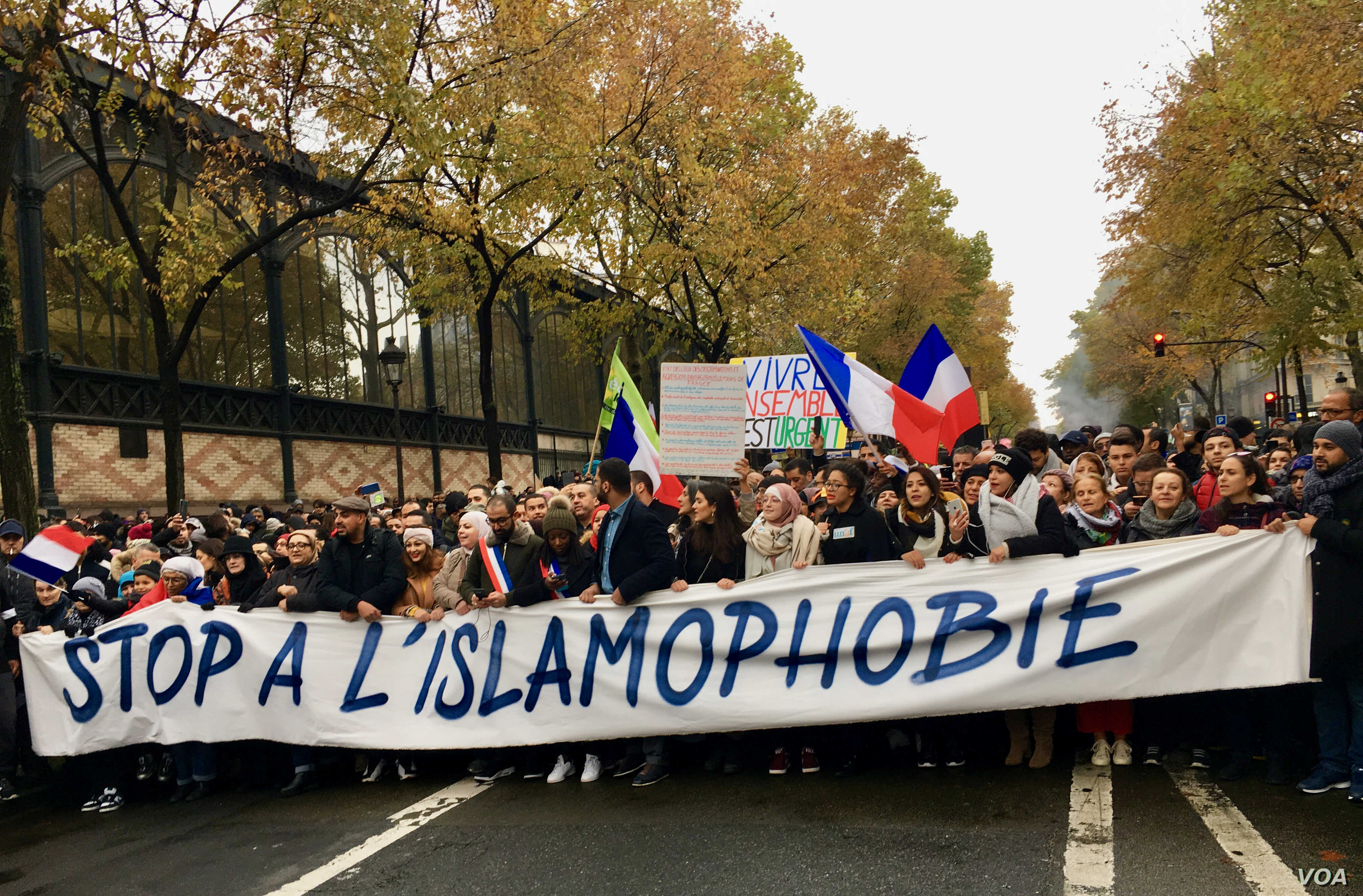 INTERNATIONAL DAY TO COMBAT ISLAMOPHOBIA
INTERNATIONAL DAY TO COMBAT ISLAMOPHOBIA
Gülperi GÜNGÖR 29.03.2021
-
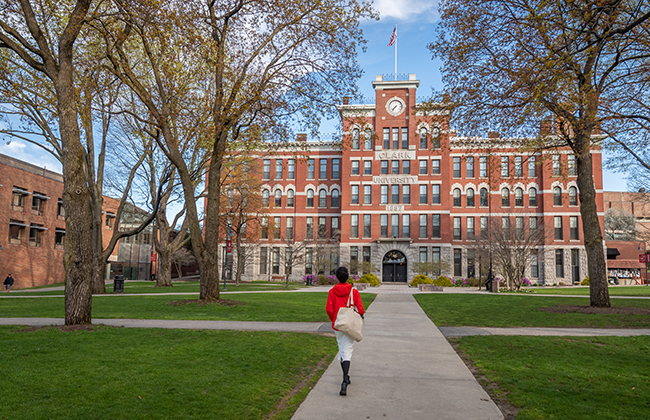 A CONTROVERSIAL AND EMBARRASSING ACADEMIC APPOINTMENT BY AN AMERICAN UNIVERSITY
A CONTROVERSIAL AND EMBARRASSING ACADEMIC APPOINTMENT BY AN AMERICAN UNIVERSITY
AVİM 13.04.2023 -
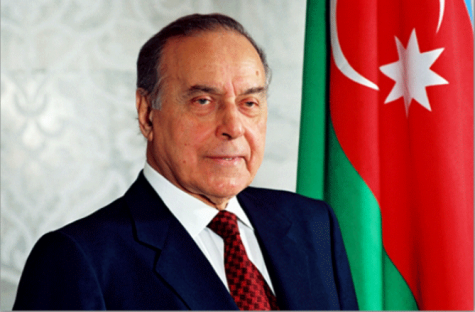 12TH ANNIVERSARY OF THE PASSING OF HEYDAR ALIYEV
12TH ANNIVERSARY OF THE PASSING OF HEYDAR ALIYEV
AVİM 14.12.2015 -
 CALL FOR PAPERS: REVIEW OF ARMENIAN STUDIES (ISSUE #32)
CALL FOR PAPERS: REVIEW OF ARMENIAN STUDIES (ISSUE #32)
AVİM 15.09.2015 -
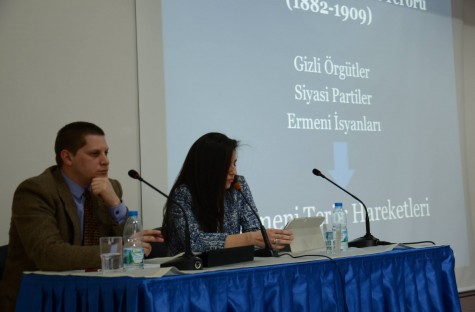 AVIM SENIOR SPECIALIST ASLAN YAVUZ ŞIR AND AVIM SPECIALIST HAZEL ÇAĞAN WILL DELIVER THEIR SPEECHES IN SÜLEYMAN DEMIREL UNIVERSITY ON 11 MARCH 2015.
AVIM SENIOR SPECIALIST ASLAN YAVUZ ŞIR AND AVIM SPECIALIST HAZEL ÇAĞAN WILL DELIVER THEIR SPEECHES IN SÜLEYMAN DEMIREL UNIVERSITY ON 11 MARCH 2015.
Hazel ÇAĞAN ELBİR 10.03.2015 -
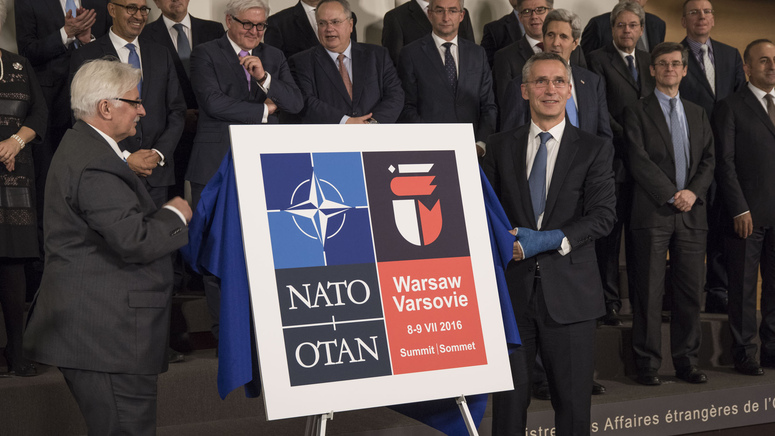 2016 WARSAW SUMMIT AND THE NAGORNO KARABAKH ISSUE
2016 WARSAW SUMMIT AND THE NAGORNO KARABAKH ISSUE
Osman GÜN 14.07.2016
-
25.01.2016
THE ARMENIAN QUESTION - BASIC KNOWLEDGE AND DOCUMENTATION -
12.06.2024
THE TRUTH WILL OUT -
27.03.2023
RADİKAL ERMENİ UNSURLARCA GERÇEKLEŞTİRİLEN MEZALİMLER VE VANDALİZM -
17.03.2023
PATRIOTISM PERVERTED -
23.02.2023
MEN ARE LIKE THAT -
03.02.2023
BAKÜ-TİFLİS-CEYHAN BORU HATTININ YAŞANAN TARİHİ -
16.12.2022
INTERNATIONAL SCHOLARS ON THE EVENTS OF 1915 -
07.12.2022
FAKE PHOTOS AND THE ARMENIAN PROPAGANDA -
07.12.2022
ERMENİ PROPAGANDASI VE SAHTE RESİMLER -
01.01.2022
A Letter From Japan - Strategically Mum: The Silence of the Armenians -
01.01.2022
Japonya'dan Bir Mektup - Stratejik Suskunluk: Ermenilerin Sessizliği -
03.06.2020
Anastas Mikoyan: Confessions of an Armenian Bolshevik -
08.04.2020
Sovyet Sonrası Ukrayna’da Devlet, Toplum ve Siyaset - Değişen Dinamikler, Dönüşen Kimlikler -
12.06.2018
Ermeni Sorunuyla İlgili İngiliz Belgeleri (1912-1923) - British Documents on Armenian Question (1912-1923) -
02.12.2016
Turkish-Russian Academics: A Historical Study on the Caucasus -
01.07.2016
Gürcistan'daki Müslüman Topluluklar: Azınlık Hakları, Kimlik, Siyaset -
10.03.2016
Armenian Diaspora: Diaspora, State and the Imagination of the Republic of Armenia -
24.01.2016
ERMENİ SORUNU - TEMEL BİLGİ VE BELGELER (2. BASKI)
-
AVİM Conference Hall 24.01.2023
CONFERENCE TITLED “HUNGARY’S PERSPECTIVES ON THE TURKIC WORLD"









